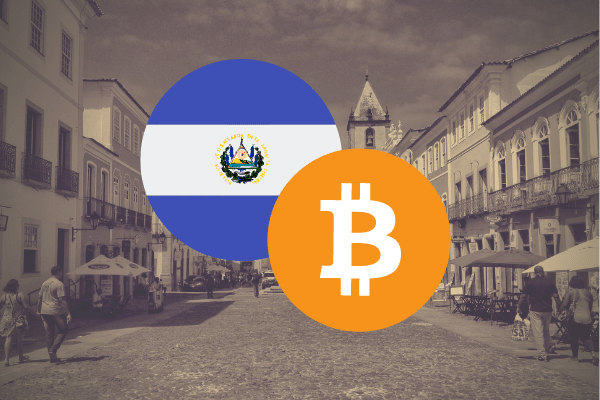President of El Salvador’s Central Reserve Bank, Douglas Rodriguez, made some statements regarding the country’s plan to secure a $1.3-billion loan facility from the International Monetary Fund (IMF). Specifically, there were concerns that said plan would not be successful due to the country adopting Bitcoin as legal tender.
Rodriguez reported that the central bank does not see any risks related to the Bitcoin Law although it is preparing to secure an extended loan facility from the IMF.
On the contrary, the central bank said that the country’s Bitcoin Law will only be advantageous as a Bitcoin bull run could boost the country’s economy by over 9% more than initial forecasts. The bank also explained that “Bitcoin is simply a payment method.”
In September, El Salvador’s bonds took a steep decline after “Bitcoin Day”, which makes the outcome of the IMF loan deal all the more significant.
Reports by the central bank stated that El Salvador’s external debt is climbing up to $18.45 billion by Q2 2021, and that the IMF loan facility would serve as their chance to access the global market in 2022.
IMF officials were not so supportive about El Salvador’s decision to adopt Bitcoin, calling it an “inadvisable shortcut” that could end up spelling disaster for the country.
Critics from the mainstream finance sector have listed volatility and money laundering as probable systemic risks that come with accepting Bitcoin as legal tender.



